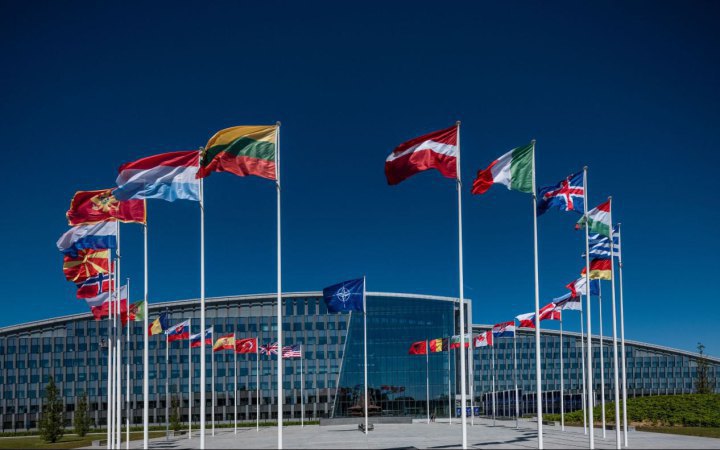If Russia defeats Ukraine, the NATO bloc will face enormous challenges in protecting its north-eastern members.
This is stated in the material of the American Institute for the Study of War (ISW).
"Of course, Ukrainians will not submit to Russian conquest, and a Russian military victory will likely be accompanied by a massive Ukrainian uprising. But the Russians are already preparing forces other than their regular military units to deal with such an uprising, and they are very likely to be able to maintain conventional military capabilities to threaten NATO from Ukrainian territory, even while fighting Ukrainian rebels," the researchers note.
They believe that the Russians will also conscript hundreds of thousands or even millions of Ukrainians into the military, along with the defence industrial base that Ukrainians are currently building, greatly increasing Russia's military and economic potential.
"Thus, in this dire scenario, NATO would face large Russian conventional forces along its entire border from the Black Sea to the Arctic, putting the southern borders of Poland, Hungary, Slovakia and Romania under threat of a Russian ground attack for the first time since the collapse of the Soviet Union," the report says.
This threat would entrench NATO forces in southeastern Europe and lead to the deployment of additional forces from the United States and Western European NATO states to southern and central Europe, depriving NATO of reserves that would otherwise be available to quickly reinforce the Baltic states in the event of a Russian invasion. These NATO troops, inexperienced in modern mechanised warfare, would face a battle-hardened Russian military inspired by victory in Ukraine.
In addition, the Russian military could prepare plans to attack Poland and/or the Baltic states without worrying about its own rear. This would allow Russia to concentrate forces against the Baltic states that it would otherwise have to deploy along the Ukrainian border to deter or defend against Ukraine's attempts to help protect NATO.
"It is almost impossible to overstate the extent to which the success or failure of Ukraine's current efforts to repel a Russian attack changes the prospects for a future Russian attack on NATO's northeastern flank," the ISW concludes.








